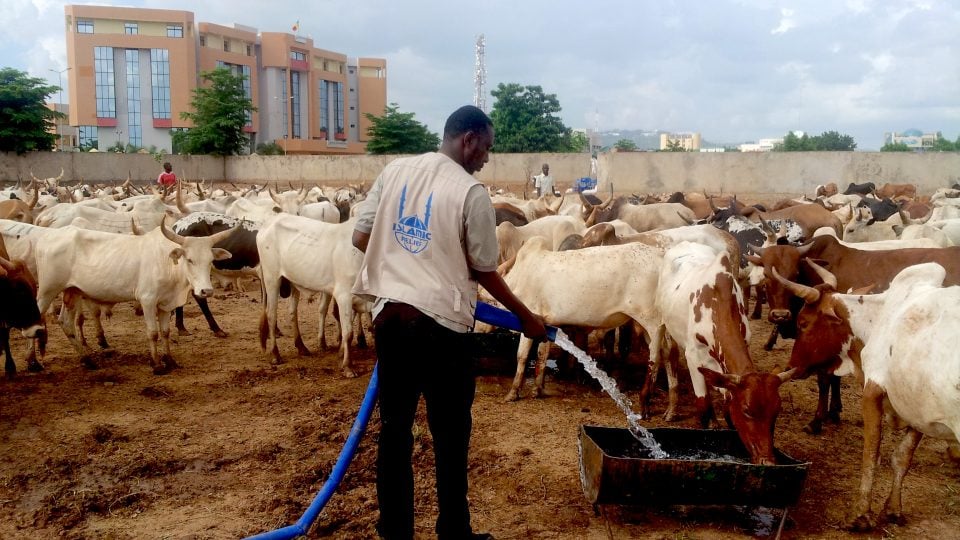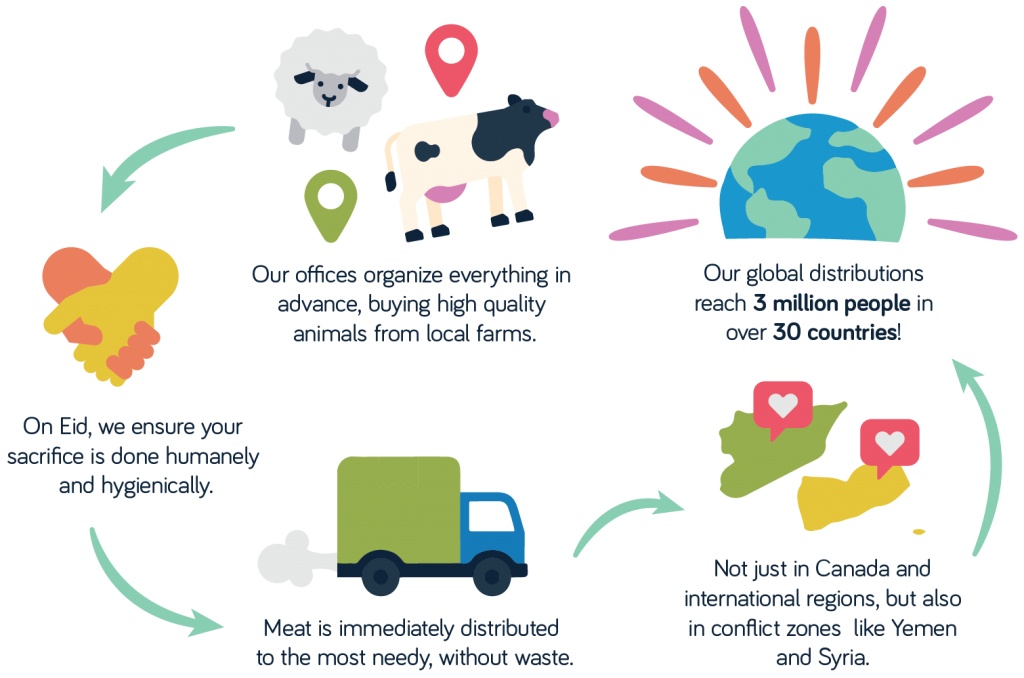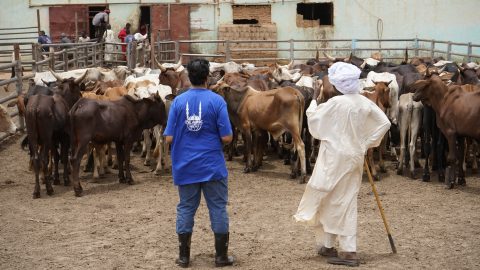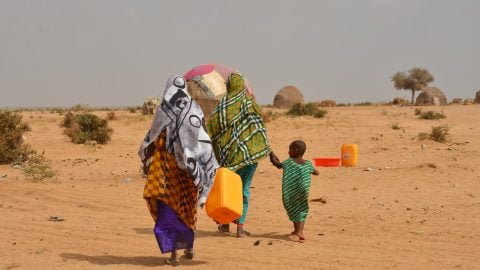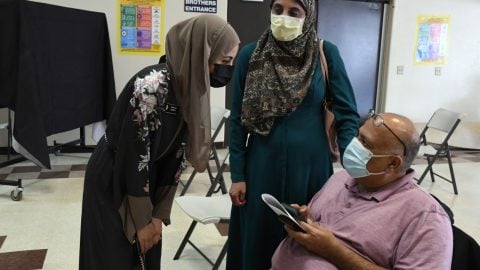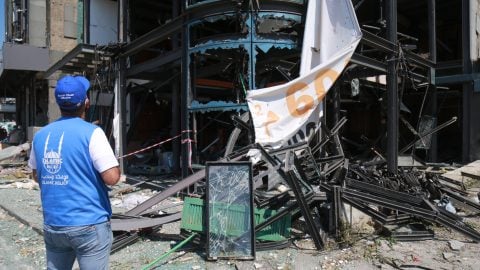What is Qurbani?
Qurbani or Udhiya refers to a sacrifice done in an effort to come close to God. It is an act of worship that Allah (SWT) asks of us in the month of Dhul Hijjah. Performed during Eid Al-Adha, this sacrifice done by Muslims around the world is an act that commemorates Prophet Ibrahim’s (AS) legacy of selfless submission and sacrifice.
Prophet Ibrahim is an inspiration to all Muslims. His life was riddled with tribulations, all of which are exemplary moments for all of mankind. His humble submission and unshakable faith allowed him to become “The Friend of Allah”.
His relationship with Allah is something that all Muslims aspire to have, and inspires us all to ask: how do we create a relationship with God? Prophet Ibrahim shows us through his unwavering faith and acts of obedience, and this is where the origins of our practice of Qurbani started.
The Reason Behind Qurbani: Prophet Ibrahim’s Ultimate Sacrifice
One night, Prophet Ibrahim dreamt that Allah ordered him to sacrifice his only son, Ismail (AS). He consulted his son about the dream and they both agreed to obey Allah’s will. In an act of obedience Ismail, with his forehead on the ground, knelt as his father laid a knife upon his neck. At that point, Allah intervened and called down:
“O Ibrahim! You have done my bidding and now you will be rewarded!”
He sent a large ram to be sacrificed instead. Because Prophet Ibrahim proved his devotion to Allah through his willingness to sacrifice his son, Ismail’s life was spared.
This ongoing sacrifice that we make every year as the final rite of Hajj, is a reminder of Prophet Ibrahim’s obedience to Allah in every circumstance. It’s a reminder that we should aim to seek the pleasure of our Creator no matter what – and it’s a promise that Allah never asks from us more than we can give.
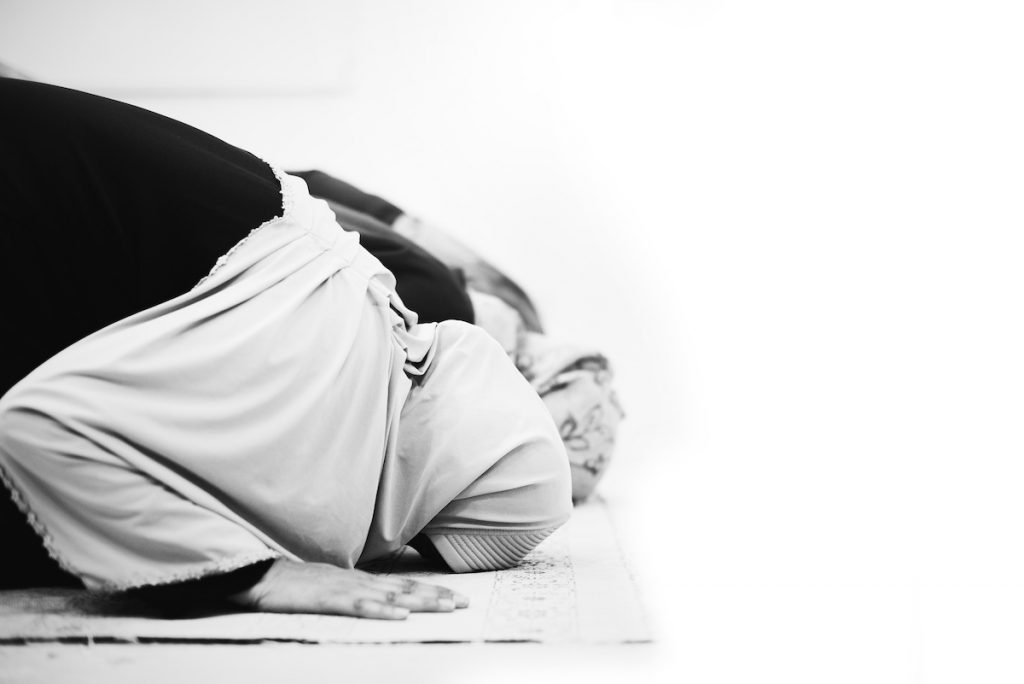
Through our Qurbani / Udhiya, we show Allah that we are capable of being selfless to sacrifice our wealth and fulfill His will. Just as Prophet Ibrahim’s sacrifice pleased Allah, your Qurbani does the same.
What Does Qurbani Teach Us?
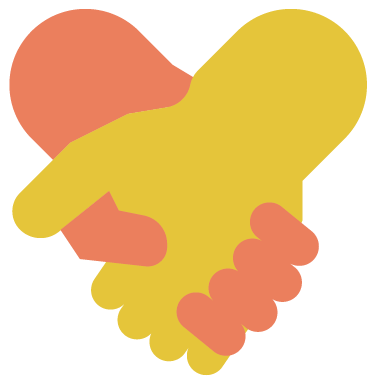
Allah (SWT) defines the true believers as those “who are steadfast in prayer and give Zakat.” (Quran 5:55) Because of this, we are set apart as a people who strive not only to develop ourselves internally and spiritually, but also who work to serve others and those around us. Both are very important aspects of our faith.
To give charity as a way of life is to live a life filled with compassion. It’s a life where we share that which we are fortunate to have with those who have less. Consistent charity should be a key part of a Muslim’s life and their devotion to Allah.
Which is the Right Name: Qurbani or Udhiya?
Qurbani can be read as “my redoubled effort to come near to Allah”.
Qurbani means sacrifice. The word qurbānī comes from the Arabic trilateral root q-r-b. Twelve forms of this root occur 96 times in the Quran. This generally means “drawing near”. It is similar to qurbān (קרבן) in Hebrew and qurbānā in Syriac, both of which refer to sacrifice. It’s interesting that the suffix “ān” implies “double” or “even more” of nearness, and suffix “ī” implies “my”, making it personal. Qurbani can thus be read as “my redoubled effort to come near to Allah”.
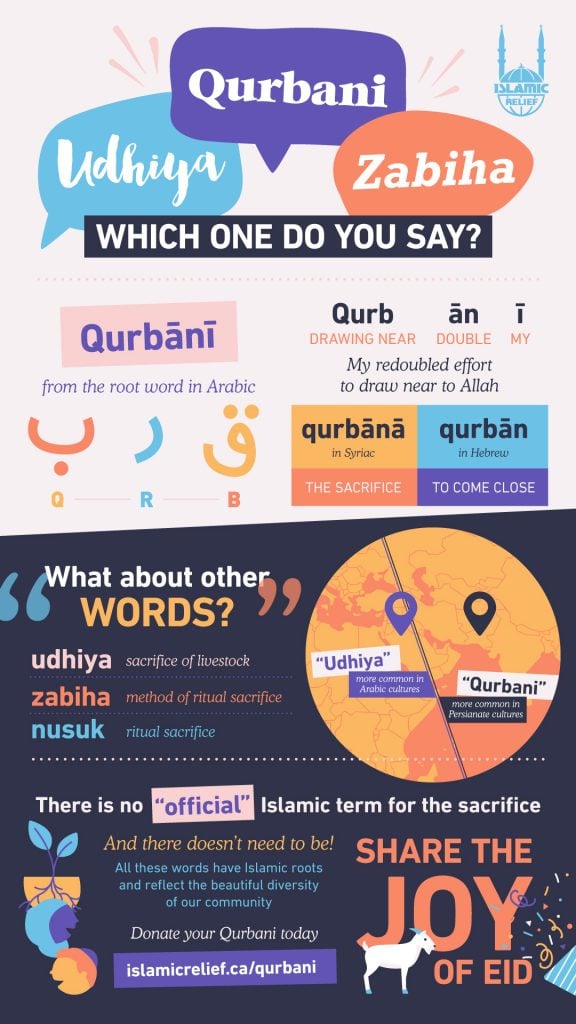
Over time, Qurbani is the term that seems to have become more popular in Persianate cultures (especially Balkans, Anatolia, Central Asia, South Asia).
So what about ‘Udhiyyah’ or ‘Udhiya’? The word udhiyyah also means “sacrifice” and refers to the particular sacrifice made on Eid al-Adha. As a term, Udhiyyah seems to have remained more common in Arabic-speaking cultures.
How does Qurbani Tie in with Hajj and Eid Al-Adha?
Qurbani is carried out between the 10th and 12th of Dhul Hijjah. The act of Qurbani is one of the last rites that concludes a person’s Hajj. The sacrifice in this moment is significant of the pilgrim’s entire state of submission and selflessness before Allah (SWT).
Globally, even Muslims who are not performing the pilgrimage are also asked to offer a Qurbani every year if they can afford it, to mark the celebration of Eid Al-Adha. In this way, it is a worldwide practice of selflessness and generosity to others (as you’ll find out below).
How to Perform Qurbani
Many people wonder how to perform Qurbani. Muslims who are intending to fulfill their Qurbani, can sacrifice a livestock animal such as a goat, sheep, cow or camel.
Traditionally, Muslims who perform Qubani are to divide the meat of their Qurbani into three parts – at least one third of the meat from the animal goes to poor and vulnerable people. One third of the meat can be kept for their household, and the final third is to be shared with friends and neighbours. This division of the meat is a reminder of our duties to each other in this world.
Many people choose to go even further and donate their Qurbani entirely to the poor, as a complete sacrifice of their wealth and way of honouring what Allah has enjoined upon us in taking care of others. In our current individualistic society, these donations provide a refreshing way to help us reconnect with our humanity.
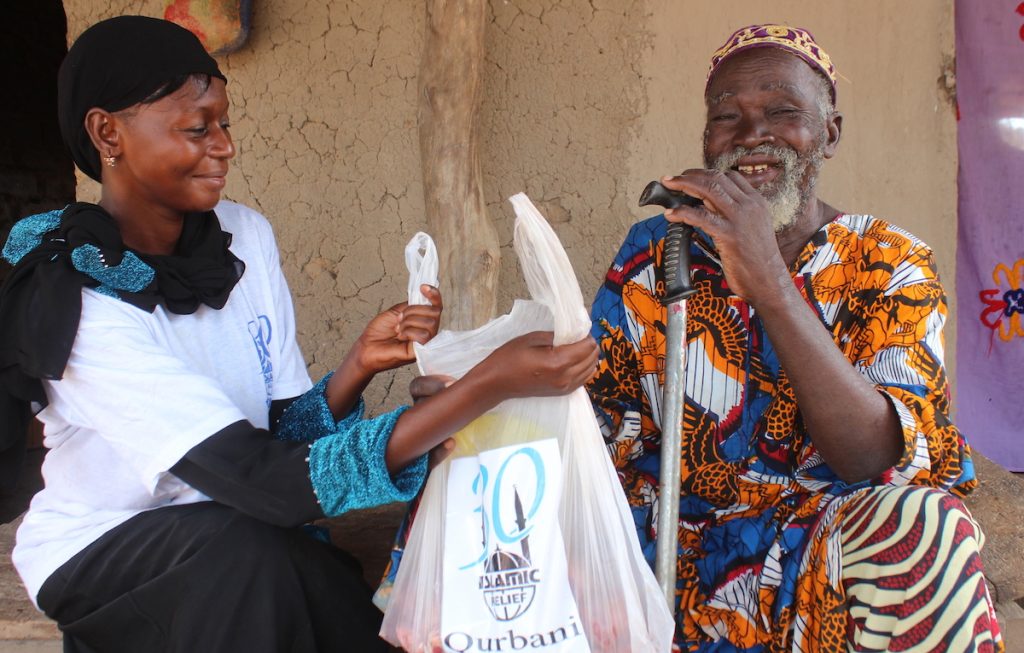
For over 30 years now, Islamic Relief has carried out a global Qurbani program. What started with 670 distributions worldwide, has grown to more than 150,000 Qurbanis performed each year. In 2019, your support allowed us to deliver your Qurbani meat packs to over 3 million people. An average of three kilograms of meat, equivalent to four meals for a week, is distributed to each family.
Why Do So Many People Donate Their Qurbani?
Unfortunately, not all Muslims can afford to perform this sacrifice due to financial difficulties or tribulations in life. Many of the families who receive Qurbani tell our team members how they wish to take part in this beautiful tradition. But they remain thankful for what they receive at this time, as it’s often the only time of year they are eating fresh meat.
Your donations allow these Muslims to enjoy Eid and feed their families in the same way we do. By donating, we give them the opportunity to rejoice in Allah’s blessings—a gift that brings joy to both the donor and the receiver. Just read the heartfelt stories from our recent blog post to see the impact of your Qurbani!

Is Qurbani Humane?
When it comes to Qurbani meat, there are tons of misconceptions pertaining to the treatment of sacrificed animals. Our previous blog on 5 things you probably didn’t know about Qurbani, covers some of these misconceptions. Animals chosen for sacrifice need to be healthy and treated with care. Those that are weak, blind, physically disabled, or too young are ineligible.
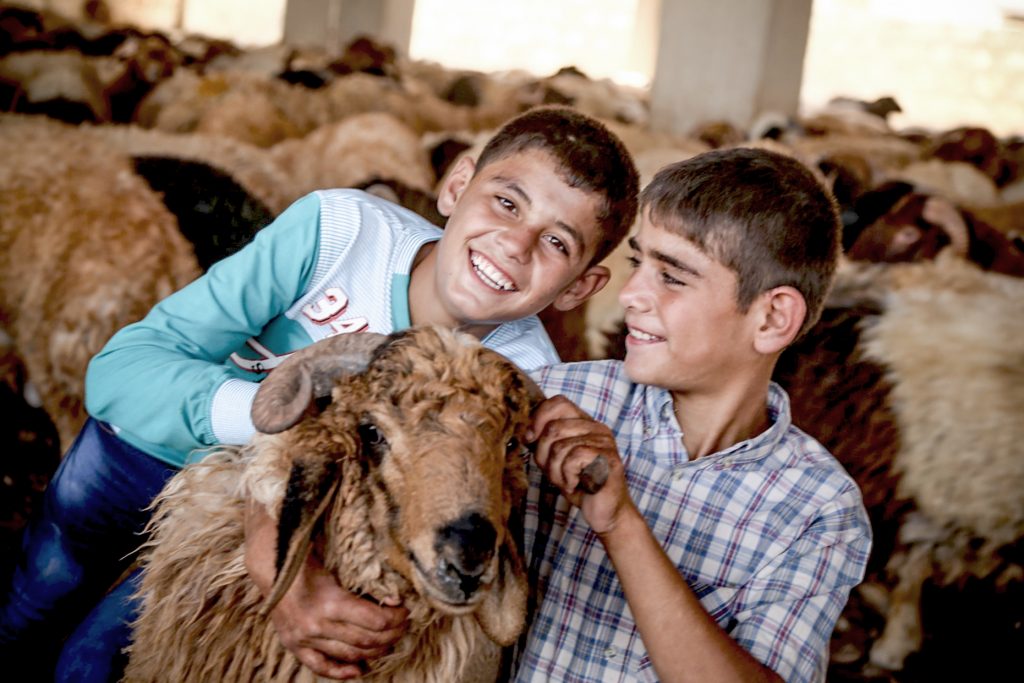
The whole practice is intended to remind us what it’s like to have and love something and then sacrifice it for God. Prophet Ibrahim was willing to make the ultimate sacrifice: his own son. Let’s sit with that thought for a minute. What does it mean to sacrifice your most loved person/item, in order to honour God?
In this tradition, animals for sacrifice must be cared for and slaughtered in only the most humane ways. It must be done by a Muslim following the Islamic protocols of slaughtering the animal without dishonouring it. A sharp knife is recommended to avoid unnecessary suffering. The animal should also not see the knife to avoid stress or additional pain.
Sacrifice of the animal should be done in private. It is not a moment of celebration; it is an intimate sacrifice done by the individual themselves. In some cases, where a butcher or someone experienced does it on the behalf of the individual, the individual should be present. We believe animals have feelings, and to avoid distress, no animals should see their brothers and sisters being killed.
Most Muslims use goats for Qurbani. However, sheep, cow, bull, buffalo, or camel are also acceptable. Whichever animal one decides to use, at least a third of the sacrificed meat from the animal must be given to the poor—that is compulsory.

The Qurbani program by Islamic Relief field offices rigorously adheres to the highest Islamic, humanitarian and ethical standards. The majority of the animals are sourced locally, and chosen when they are of the right age and physical health. The sacrifice is done in a clean and sanitary facility that is chosen by the field offices, and the meat is distributed to families immediately within three days.
Benefits of Qurbani: The Human Side
The benefits of Qurbani are most visible in the people it reaches. A Qurbani donation may seem small to many. However, to those on the receiving end, their duas have been answered by your generosity. Um Yousef is a widow. She lives in a refugee camp in Syria with young children, and relies on humanitarian help to survive.
“My two young children are in desperate need of meat and nutritious food,” She says, “I try to buy meat every two months. But as I do not have a source of income, I have to wait on humanitarian organizations to help provide us meat.
“You can see people smiling again, and people are happy they can receive some Qurbani meat to share with their families.“
Um Yousef
“I am worried about how the lack of nutritious food is affecting the physical and mental growth of my children. Almost everyone in this camp is suffering. The living conditions are bad, we can’t afford food, clothes or basic necessities. Many children in the camp do not go to school because of poverty and lack of money.
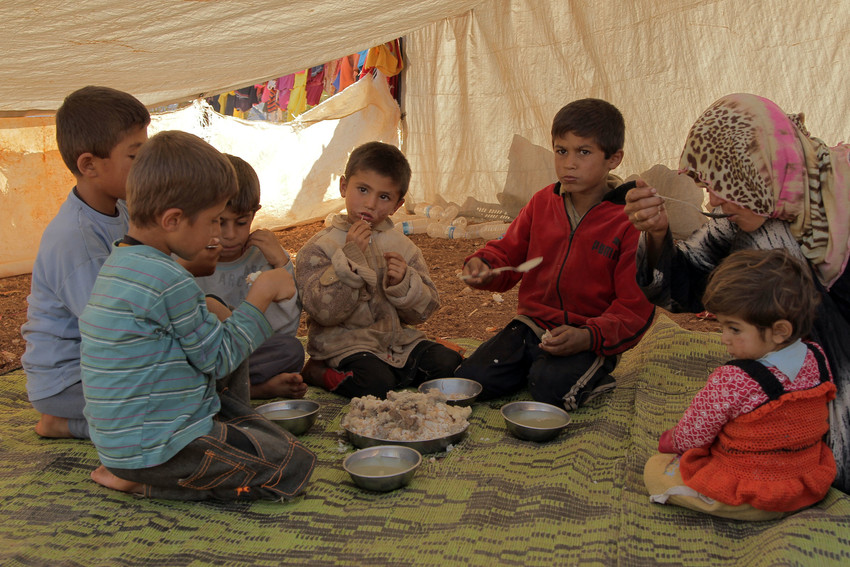
“Still, Eid Al-Adha is a beautiful day for us and other vulnerable families living in miserable conditions in this camp and others. You can see people smiling again, and people are happy they can receive some Qurbani meat to share with their families. I wish to extend my thanks and gratitude to all those who alleviate our suffering in these difficult conditions.”
Islamic Relief works to help people lift themselves out of poverty for good. Your donations don’t only provide food on tables for a few days, but these families continue to benefit from our other projects as well. Resources such as education and sustainable livelihoods are introduced to improve living standards. When a family receives Qurbani meat through Islamic Relief, they are reminded that someone in the Ummah is thinking of them, and that a long term solution is coming.
We hope this post helped you better understand what Qurbani is, what it means to Muslims around the world, and how Islamic Relief carries out its Qurbani program. If you wish to donate your Qurbani to one of the many people around the world who are in desperate need, your support will definitely put a smile on their faces.


